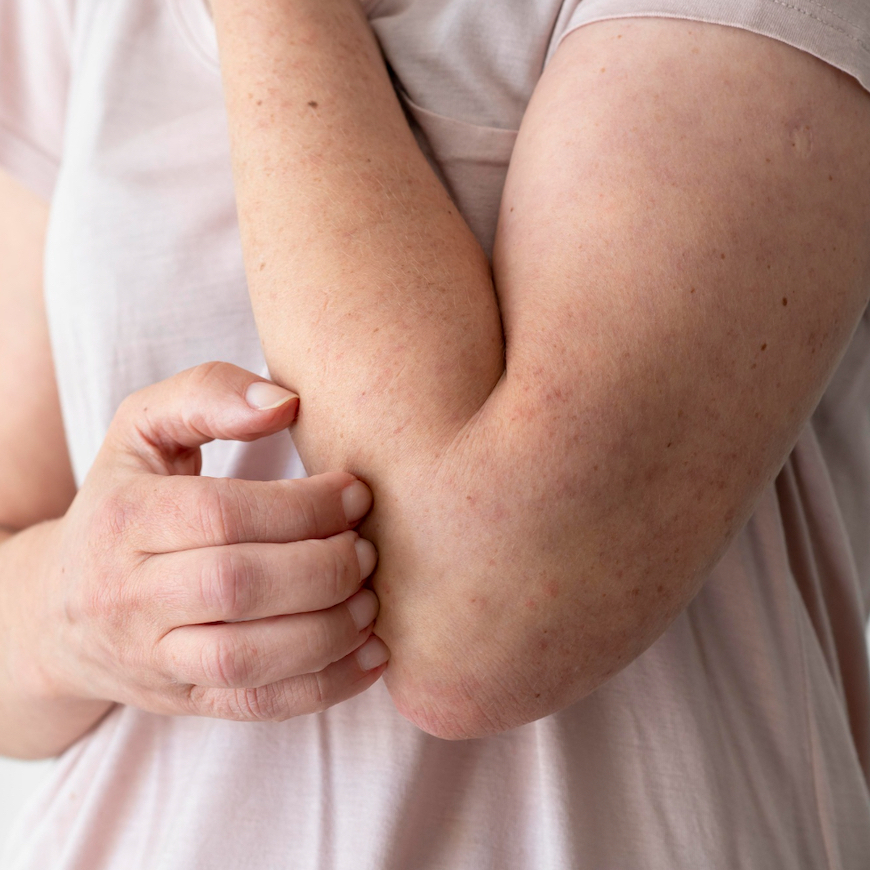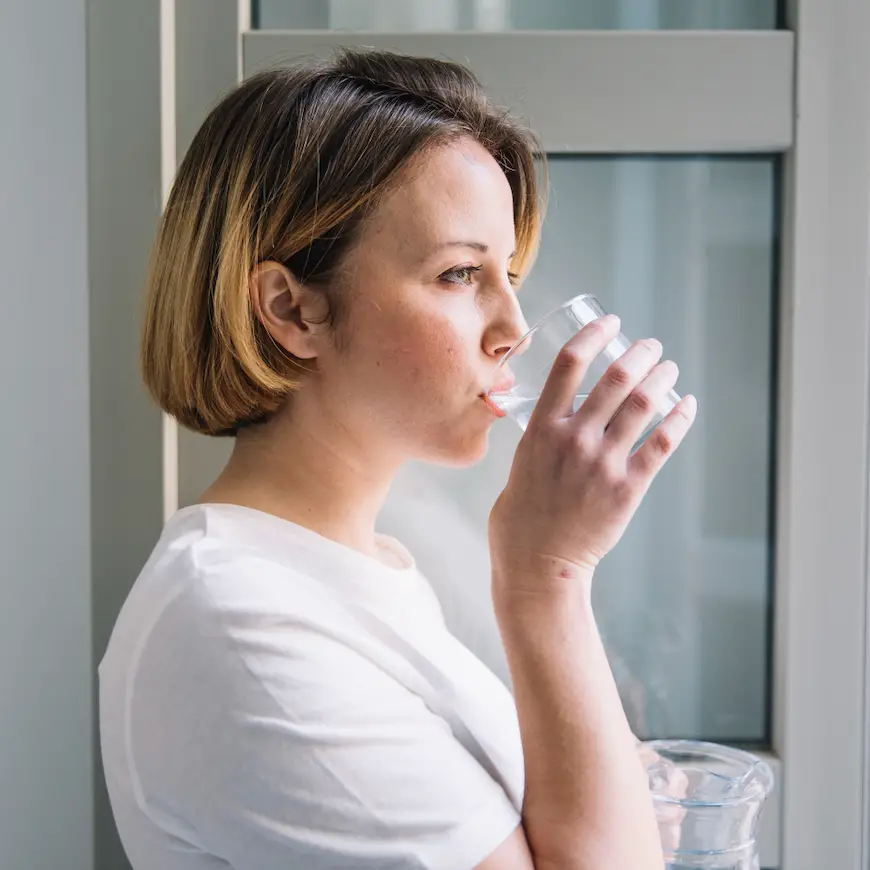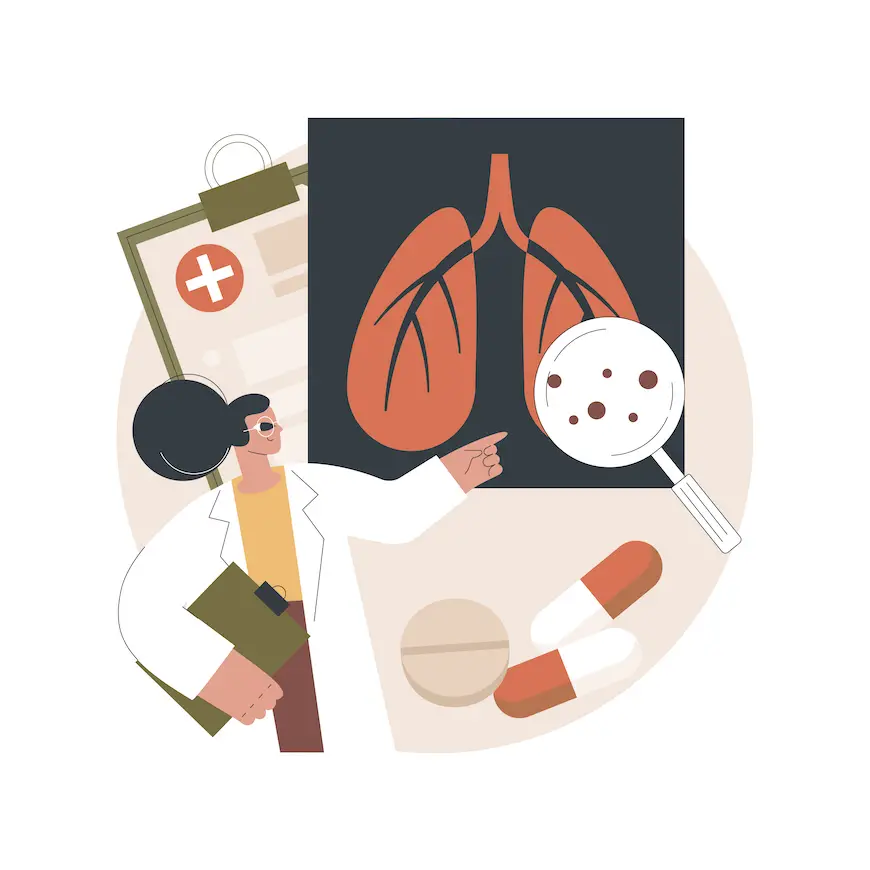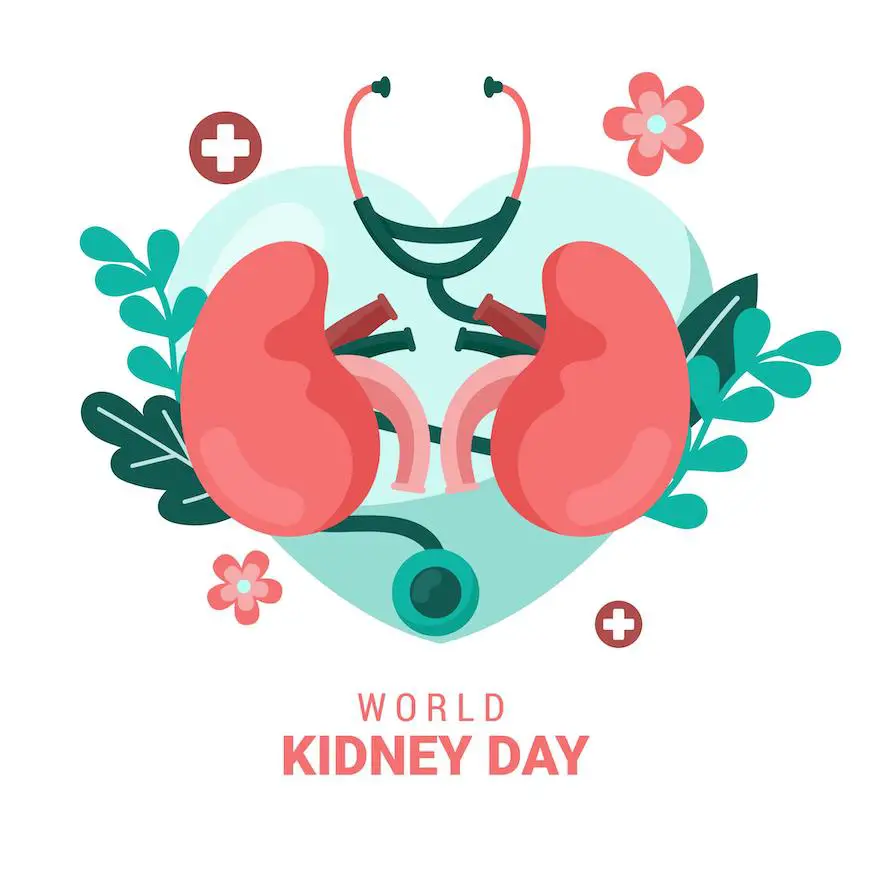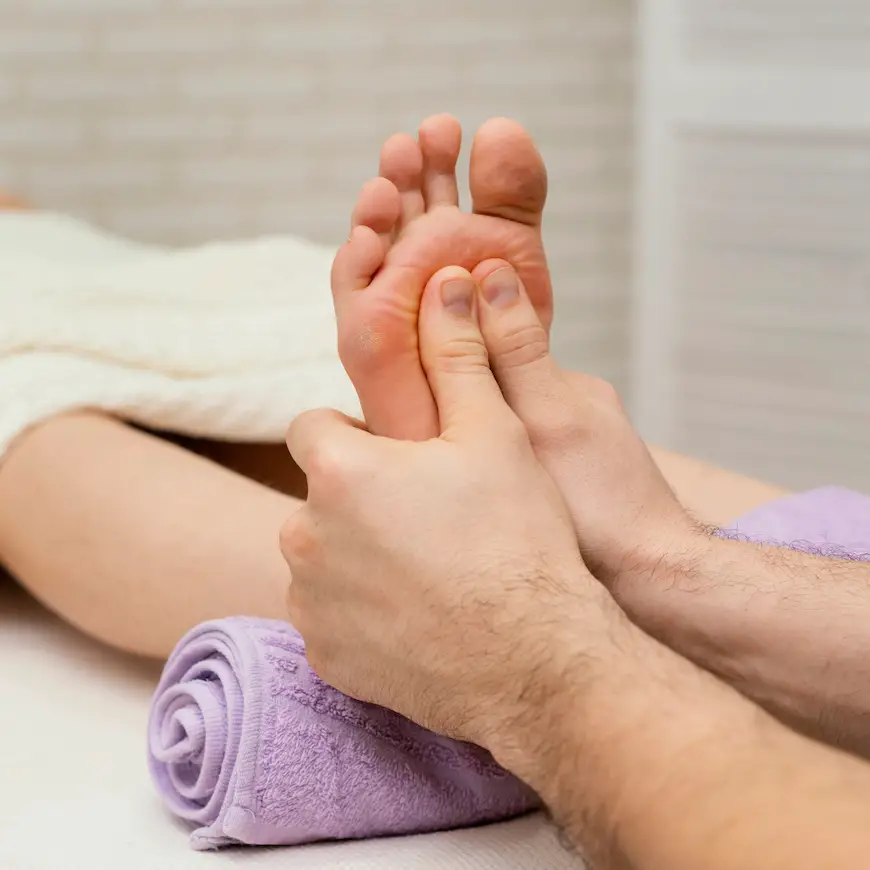Psoriasis is a disease that accelerates the growth of skin cells, resulting in inflamed patches and scales known as plaques. These plaques can induce itching, burning, or stinging sensations and are most prevalent in areas like the elbows, knees, and scalp.
Psoriasis manifests in five distinct forms: plaque, guttate, inverse, pustular, and erythrodermic. Symptoms and treatment approaches differ based on the specific type of psoriasis. Additionally, about a third of individuals with psoriasis may develop psoriatic arthritis alongside or after their skin symptoms.
Topical treatments are typically the initial treatment approach. Doctors often prescribe topical steroids, such as anti-inflammatory creams. Over-the-counter options, like medicated shampoos and lotions, are also available. The National Psoriasis Foundation recommends looking for products approved by their Seal of Recognition program, specifically designed for individuals with psoriasis. The FDA advises using OTC treatments containing salicylic acid and coal tar.
However, some topical treatments may cause skin irritation. It is recommended to conduct a patch test on a small skin area before complete application to detect any potential adverse reactions. If uncertain about product selection, consulting with a healthcare provider or dermatologist for recommendations can be beneficial.
1- Treatment Psoriasis no.1: Phototherapy
Phototherapy, commonly known as light therapy, uses a system composed of ultraviolet (UV) rays to illuminate the skin, which can successfully slow down the growth of skin cells, thus reducing pain and inflammation.
A study published in the dermatology and therapy journal found that individuals who experienced 20 to 36 light therapy sessions knowledgeable the highest results, with a reduction in inflammation and itching. Typically, it is safe to undergo light therapy two to three times a week.
In most cases, healthcare providers administer phototherapy treatments in their offices or clinics. However, some people with psoriasis may choose to acquire a phototherapy machine for home use in some cases. While most private insurances cover the cost of light therapy at a medical clinic, the cost of an at-home machine is often not reimbursed by insurance.
Phototherapy is known as a safe treatment; However, you can have brief side effects such as a stinging or burning sensation, dark spots, itchiness, and, rarely, blisters and burning may occur. Long-term effects can include freckles, age spots, wrinkles, loose skin, and a major issue to have risk of skin cancer.
Your healthcare provider for sure can recommend not to pass by light therapy if you have past issues of skin cancer or any problem that makes you sensitive to UV light, such as lupus.
2- Treatment Psoriasis no.2: Medications
Now you can start to understand how psoriasis can be managed with a diversity of medications, with required medications being the most mutual choices.
- Systemic Medications:
Systemic treatments are oral medications set to slow down the growth of skin cells, typically optional for individuals with moderate-to-severe psoriasis or psoriatic arthritis. Here are some common systemic medications:
- Acitretin: An oral retinoid, which is a synthetic form of vitamin A, aimed at reducing the growth of skin cells.
- Gengraf, Neoral: This medication suppresses the immune system and slows down skin cell growth. It’s usually prescribed for severe cases of psoriasis.
- Otrexup, Rasuvo: Methotrexate works by binding to enzymes in the immune system that produce skin cells, thus decreasing their proliferation. However, it’s not recommended for individuals with liver conditions, those who are pregnant, or those trying to conceive.
The side effects of these systemic medications can vary. Your healthcare provider is going to assess your status and check your historical data and any unknown risks before prescribing the most suitable option for you.
3- Treatment Psoriasis no.3: Biology
Biologics represent a category of medications administered via injection or intravenous (IV) infusion, designed to target specific components of the immune system. By blocking T-cells (a type of white blood cell) and certain proteins that accelerate skin cell growth within the immune system, biologics aim to mitigate the symptoms of psoriasis.
Your healthcare provider might suggest biologics if your body hasn’t responded adequately to systemic medication or topical treatments, particularly for individuals with moderate-to-severe forms of psoriasis. Various brands of biologics are available, each presenting its benefits and risks. These include:
- Cimzia
- Cosentyx
- Enbrel
- Humira
- Ilumya
- Remicade
- Siliq
- Skyrizi
- Stelara
- Taltz
- Tremfya
The risks associated with biologic use will vary based on your medical history and the type and severity of your psoriasis. Typically, utilizing biologics may heighten the risk of infections. If you experience symptoms such as coughing, fever, or flu-like symptoms, it’s important to inform your healthcare provider promptly. They may adjust the frequency of biologic usage or suggest alternative treatments accordingly.
4- Treatment Psoriasis no.4: Balancing Remedies
For some people with psoriasis, inserting special natural remedies with special traditional treatments can offer relief. According to a specific survey by the National Psoriasis Foundation, over 35% of respondents incorporate complementary remedies into their treatment regimen. It is very important to ask
your healthcare provider before adopting any complementary medicine. Typically, natural remedies are best used alongside conventional treatments like topical creams or medications.
If you’re considering natural remedies, here are a few options to explore:
- Aloe Vera: Research suggests that aloe Vera may reduce redness and dryness associated with psoriasis. Look for products containing 0.5% aloe for optimal results.
- Sea salt: Adding the Dead Sea or Epsom salts to a warm bath can help remove scales and alleviate itching.
- Tea tree oil: While ongoing research examines the efficacy of essential oils, some evidence indicates that tea tree oil may have medicinal properties, providing relief from itchiness and dryness.
As a precautionary measure, it’s wise to conduct a patch test of any topical remedies on a small area of the skin, such as the inside of your wrist. This can help prevent adverse reactions if your skin doesn’t react well to the substance.
Receiving a diagnosis of psoriasis often marks a significant transition. While there’s currently no cure for this condition, there’s a wealth of treatments available to aid in symptom management. The approach to your treatment will be tailored to the type of psoriasis you’re dealing with. Typically, options include topical treatments, medications, light therapy, natural remedies, and lifestyle adjustments, all aimed at alleviating inflammation, discomfort, and the visibility of lesions. Many individuals with psoriasis find that a personalized combination of these treatments best suits their needs, taking into account their symptoms, diagnosis, and lifestyle. Your healthcare provider can assist you in identifying the most effective combination for your situation.
